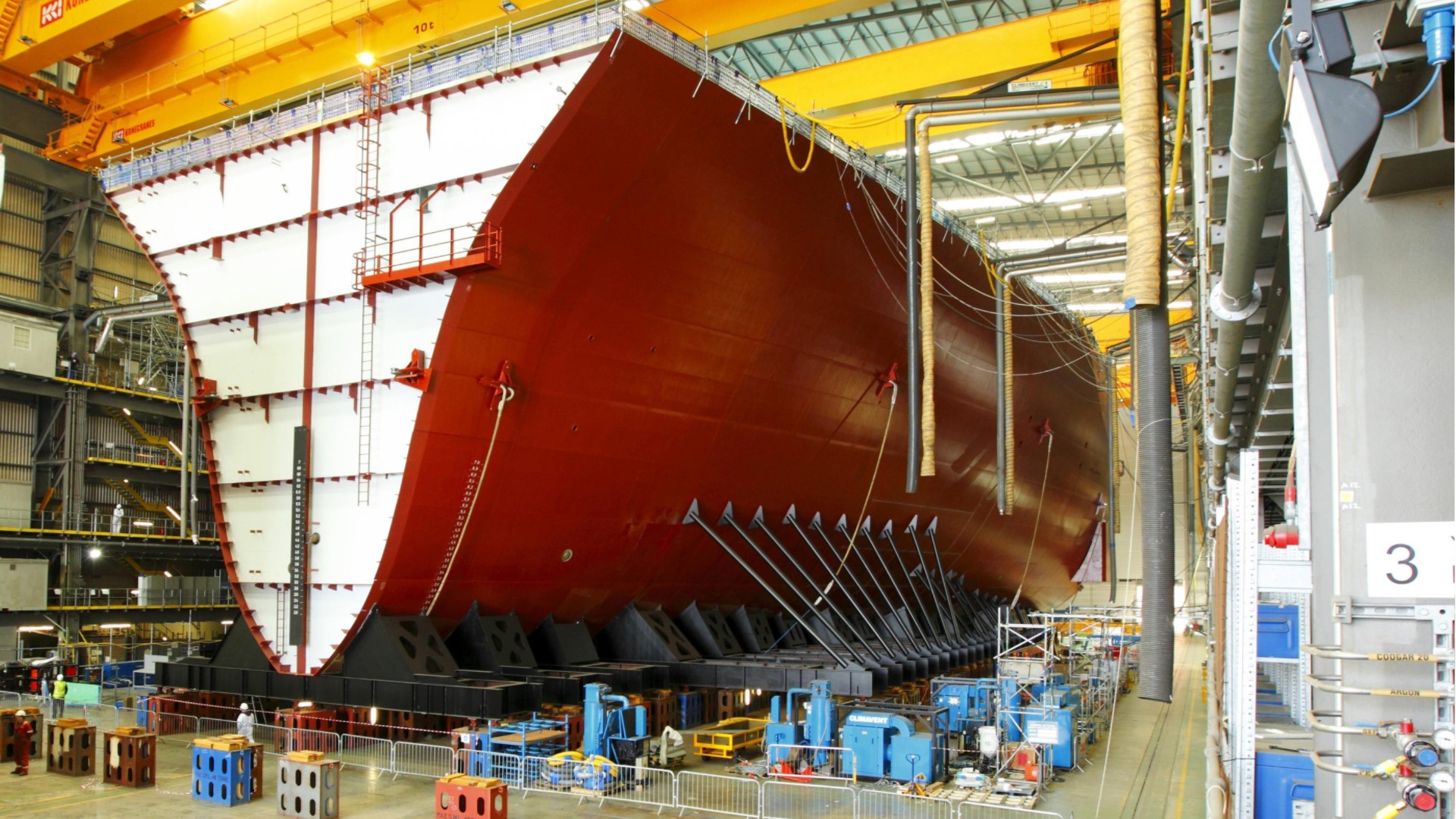Table of Contents
Introduction
Becoming a marine engineer is an exciting and rewarding career path for those who have a passion for ships, technology, and the open sea. In India, with its vast coastline and growing maritime industry, there is a high demand for skilled marine engineers. This article will provide a step-by-step guide on how to become a successful marine engineer in India.
Understanding the Role of a Marine Engineer
Marine engineers are professionals responsible for designing, building, maintaining, and repairing the mechanical and electrical systems of ships and offshore structures. They play a critical role in ensuring the safe and efficient operation of vessels, cargo handling equipment, and propulsion systems.
Educational Requirements
To become a marine engineer in India, a candidate must meet specific educational requirements. Aspiring marine engineers should have a strong foundation in science subjects, especially physics, chemistry, and mathematics.
Pursue a Bachelor’s Degree in Marine Engineering
The first step towards a career in marine engineering is to enroll in a Bachelor’s degree program in Marine Engineering at a recognized institution. The course typically lasts for four years and includes both theoretical knowledge and practical training.
Entrance Exams for Marine Engineering Institutes
Several reputed institutes offering marine engineering programs conduct entrance exams. Aspiring candidates must prepare thoroughly and qualify for these exams to secure admission to the course.
Gaining Practical Experience through Internships
While pursuing the degree, it is crucial to gain practical experience through internships or industrial training programs. This hands-on experience helps students apply their theoretical knowledge to real-life situations and builds their skill set.
Obtaining Relevant Certifications
After completing the degree, aspiring marine engineers must obtain certain certifications to be eligible for employment.
Certification from the Directorate General of Shipping (DGS)
The DGS certification is a mandatory requirement to work on Indian-flagged vessels. It involves clearing written and oral examinations conducted by the DGS.
Additional Specialized Certifications
Depending on the area of specialization, marine engineers may need additional certifications like Engine Room Simulator (ERS), High Voltage Safety (HVS), or Global Maritime Distress and Safety System (GMDSS) certification.
Joining as a Junior Marine Engineer
Fresh graduates typically start their career as Junior Marine Engineers. It is an entry-level position where they assist senior engineers in day-to-day operations and maintenance tasks.
Responsibilities and Duties
Junior Marine Engineers are responsible for monitoring equipment, conducting routine inspections, and performing minor repairs.
Progression to the Rank of a Marine Engineer Officer
With experience and additional certifications, marine engineers can progress to the rank of Marine Engineer Officer. They take on more significant responsibilities and are in charge of supervising the engine room and its crew.
Continuous Learning and Upgrading Skills
In the rapidly evolving maritime industry, it is essential for marine engineers to engage in continuous learning.
Staying Updated with Advancements in Technology
Keeping abreast of the latest advancements in ship technology and machinery is crucial for a successful marine engineering career.
Advanced Courses and Postgraduate Degrees
Marine engineers can opt for specialized postgraduate degrees or advanced courses in areas like marine propulsion systems, naval architecture, or maritime management.
Gaining Sea Time and Sea Service
Gaining adequate sea time and sea service is essential for career progression in marine engineering.
Becoming Eligible for Chief Engineer Positions
To become eligible for Chief Engineer positions, marine engineers must meet the minimum sea service requirements and pass relevant competency exams.
The Importance of Soft Skills
In addition to technical expertise, marine engineers need to develop strong soft skills like leadership, communication, and problem-solving.
Understanding Safety Regulations and Environment Protection
Marine engineers must be well-versed in safety regulations and environmental protection measures.
Environmental Management and Pollution Control
With the growing focus on environmental sustainability, marine engineers play a crucial role in implementing pollution control measures.
Embracing Automation and Digitalization in the Maritime Industry
The maritime industry is embracing automation and digitalization, and marine engineers need to adapt to these changes.
Job Opportunities for Marine Engineers in India
The maritime industry in India offers numerous job opportunities for skilled marine engineers.
Working in Offshore and Merchant Navy
Marine engineers can choose to work in the offshore industry or join the merchant navy, each with its unique challenges and rewards.
Future Prospects and Trends in Marine Engineering
The future of marine engineering looks promising, with advancements in autonomous ships, alternative fuels, and green technologies.
FAQs
1. What is the eligibility criteria for pursuing marine engineering in India?
A- To pursue marine engineering in India, candidates must have passed 10+2 with physics, chemistry, and mathematics as compulsory subjects. They also need to clear the entrance exams conducted by various institutes offering marine engineering courses.
2. Are there any age limitations to become a marine engineer?
A- There are no specific age limitations for becoming a marine engineer. However, candidates must meet the age requirements set by the institutes and shipping companies for various positions.
3. What are the career prospects for marine engineers in India?
A- Marine engineers in India have excellent career prospects, with opportunities in the merchant navy, offshore industry, shipyards, and research organizations.
4. Is sea experience mandatory for becoming a Chief Engineer?
A- Yes, sea experience is a mandatory requirement for becoming a Chief Engineer. The Directorate General of Shipping has specified minimum sea service requirements that candidates must fulfill.
5. How can marine engineers contribute to environmental protection?
A- Marine engineers can contribute to environmental protection by implementing eco-friendly technologies, optimizing fuel consumption, and adhering to international regulations on pollution control.




